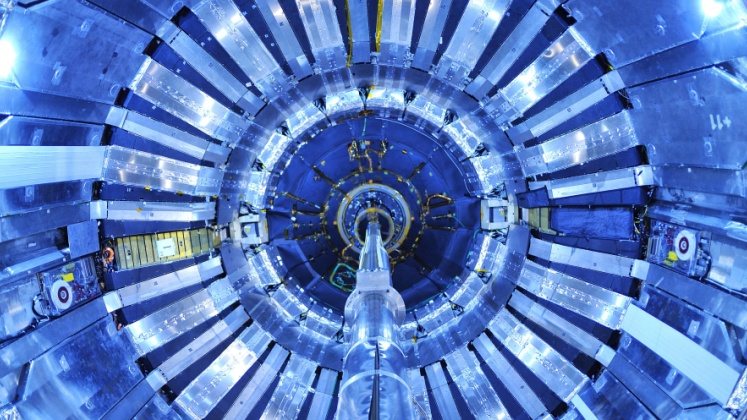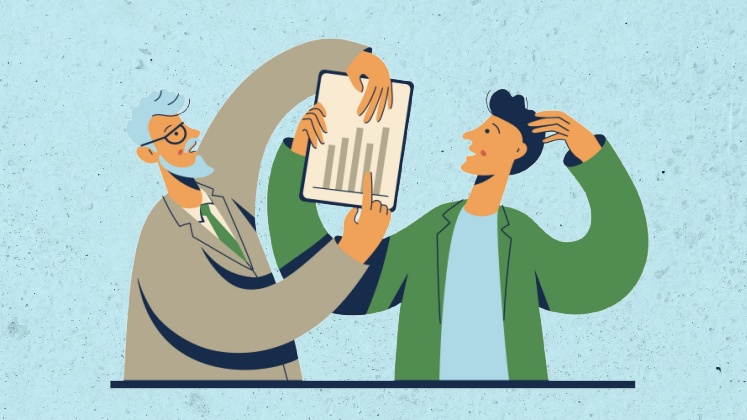Can AI Make Research More Open?

Send us a link

Investment in Big Science projects, such as the Large Hadron Collider at CERN, are often seen as purely scientific ventures. A more co-ordinated approach to Big Science across the UK and European Union could produce significant benefits.

To create a research culture that makes the best use of available data, the FAIR principles need to be extended

As a recent consultation on how to monitor open science practices draws to a close, it is argued that if monitoring frameworks aim to capture the widest dimensions of open science as a practice they should include case studies.

Reform efforts may need to reconsider the usefulness of value-led strategies.

A recent work outlines seven kinds of research data misuse and provide recommendations.

Bringing together a range of studies into various aspects of how preprints interact with the wider information ecosystem, Natascha Chtena, Juan Pablo Alperin, and Alice Fleerackers argue that the speed, accessibility and low barriers to entry that preprints offer to scholarly communication risk being undermined by attempts to make them more aligned to traditional academic publications.

Drawing on a study of priorities in health research, researchers argue a metascience approach can refocus Indian research towards areas that are most needed by Indian society and that are understudied globally

To what extent does academic success follow success? The dynamics of citation and wealth inequality may be surprisingly similar.

More interdisciplinary research may have greater relevance and be more heavily cited in policy documents.

Studies have increasingly shown the widespread use of generative AI in research publications. Faced with the consequent uptick in the number of publications, Simone Ragavooloo argues that editors and reviewers should embrace AI tools to undertake the heavy lifting of statistical and methodological review and to allow them to focus on areas that require human expertise.

Embracing uncertainty could improve peer review processes.

Journalists can help scientists earn the public’s trust by pointing out when scientists are being responsive to alternative hypotheses and the public’s values.

Drawing on a review of the published research into the societal impact of open science, Nicki Lisa Cole and colleagues find considerable evidence for the benefits of citizen science, but a much thinner evidence base for the impact of other aspects of open science. Their findings suggest that there is a greater need to consider how these impacts are monitored, and an opportunity to address open science as an inclusive practice, rather than simply a method of opening scientific outputs.

Research assessments regularly focus on outstanding and unique achievements, rather than the everyday failures and disappointments associated with academic work. Discussing a recent self-assessment and annual research report at Maastricht University that took a more candid approach to failure, Sally Wyatt suggests that research culture can benefit from a more realistic appraisal of failure.

The retraction of academic papers often functions as an indictment against the reputation of a researcher. For retractions to function as an effective corrective to the scholarly record, they need shed this reputation.

A more nuanced balance between the use of metrics and peer review in research assessment might be needed.

Universities are often invoked as vital drivers of local economic growth, innovative technologies and businesses. However, as James Evans discusses their influence on local innovation may be overestimated in comparison to the role they play in organising and helping these businesses develop.

Research integrity and trust in science have made global news this year. Building trust in science requires commitments to social and technical means of ensuring transparency and reproducibility across scientific processes.

On 1 January this year, the UK became an associated country to Horizon Europe, the EU’s flagship research scheme, and to the EU’s Earth observation programme Copernicus. Linda Hantrais and Anouska Nithyanandan consider the broader implications of association for the social and human sciences and review the preparations that UK social scientists should be making to re-establish their international reputation for research excellence post-Brexit.

Drawing on findings from a new survey of equity, diversity, inclusion and belonging policies in European academic publishing, Lynne Bowker, Mikael Laakso, Janne Pölönen, and Claire Redhead outline the intersectional nature of scholarly communication’s diversity challenge and present new resources for actors across the system to implement changes.

The link between trust and relatability is important to good science communication.


Last year saw significant changes in data protections laws across Europe, the UK and the USA, which have created a more complex, but GDPR aligned regulatory environment for researchers.

Strong evidence suggests that women are not cited less per article than men, but that they accumulate fewer citations over time and at the career level. Cary Wu argues that a focus on research productivity is key to understanding and closing the gender citation gap.

Open peer review is often discussed more in theory than practice. Drawing on evidence from a recent systematic review of open peer review studies, Tony Ross-Hellauer and Serge P.J.M. Horbach find many persistent questions around open peer review remain poorly examined and call for a more experimental approach to open peer review practices.

What are the conditions under which a policymaker is justified in claiming that a given policy is evidence-based?

Drawing on insights from a recent international survey on research integrity and a recent high-profile case, Nick Allum and Robin Brooker find previous work on scientific plagiarism may have underestimated its prevalence.

Research data repositories play a vital role in ensuring research is reproducible, replicable and reusable. Yet, the infrastructure supporting them can be impermanent.
